The Windows 11 migration conundrum: What role can the channel play?
Resellers are instrumental to making the right choice about the next steps...


Stay up to date with the latest Channel industry news and analysis with our twice-weekly newsletter
You are now subscribed
Your newsletter sign-up was successful
For Microsoft Windows 10 users, the clock is ticking down to October 14, 2025 – the date at which support for the platform will end, along with free software updates, essential security fixes, and technical assistance. According to Statcounter, Windows 10 still held 52.94% of the Windows Desktop market worldwide in April 2025, indicating the ongoing reluctance of businesses to upgrade to Windows 11 more than three and a half years after it was launched.
Given the dependence of businesses on Windows, the decision about what to do next is not one that can be ignored forever. Anecdotally, it is one of the most frequently raised topics by companies through our reseller channel right now, and the decisions made will have a significant impact on efficiency, security, and overall IT strategy.
So, let’s look at the various options available and how the channel can help to guide companies towards a resolution.
The options
No action at all
Any company can choose to do nothing and continue using Windows 10 after the October date, but this is a risky strategy and is unlikely to be the guidance offered by resellers.
Systems will immediately become vulnerable to cyberattacks and compliance issues if they no longer have access to security updates and technical support, putting at risk operational, reputational, and financial stability.
Maintain Windows 10 with extended support
Stay up to date with the latest Channel industry news and analysis with our twice-weekly newsletter
If a company is not yet ready to move to Windows 11 or to invest in new hardware, resellers could suggest that it continue using Windows 10 and pay for extended support for an agreed period of time.
With the help of a reseller, the company can access Microsoft’s Extended Security Updates for a fee to ensure critical security is maintained after the end-of-support date. What should be stressed, however, is that this is a temporary solution, while the transition to a supported operating system is organized.
Recommend pre-installed new devices
New hardware, pre-installed with the Windows 11 operating system, would appear to be a smart move, since it ensures compatibility with the latest software and security features and ensures a seamless transition.
Resellers working with companies that have constrained budgets may find that they simply can’t afford to invest in new devices. With a larger budget, however, the question will undoubtedly be whether they should purchase an AI PC or a non-AI PC.
AI PCs offer many benefits, including enhanced performance and efficiency in AI tasks, and greater security and privacy, but there are a number of limitations that need to be considered. Because they include cutting-edge components such as Neural Processing Units and high-performance CPUs and GPUs, they come at a cost. If a customer will benefit long-term from these features, the investment will be worthwhile, but resellers should provide guidance where this is unlikely to be the case. In addition, a decision will need to be made about whether to opt for devices with ARM chipsets, such as Qualcomm Snapdragon, or X86 chipsets, like those from Intel or AMD, where again, the reseller has an important role to play.
Snapdragon AI PCs provide improved overall performance compared to their AMD or Intel counterparts. However, running x86 applications on Snapdragon CPUs can require emulation, such as Prism on Copilot+ PCs. In turn, this can lead to slower performance, and some emulated OS features are incompatible with the hardware.
In truth, the hype around AI PCs doesn’t often live up to the reality, and organizations are still struggling to realize practical applications from their AI PC investments. This will likely change when more AI-driven software and applications are introduced, but early adopters could find themselves stuck with devices with inadequate specifications and starting all over again.
Purchasing new non-AI PCs is more straightforward and has the advantage of delivering Windows 11 from the start, solving that conundrum. Resellers should inform companies that these devices will typically last between 3 and 5 years, but also make them aware that with the fast development of AI PCs and their applications, there will be a point at which new software and updates for their non-AI PC will become less compatible.
Upgrade existing devices
Perhaps the best advice that resellers can give to their customers who are unsure about the best next steps is to enhance their existing systems so they can upgrade to Windows 11 without investing in all-new hardware. Adding memory and SSD storage, for example, will, at the very least, provide existing devices with the specs they need to meet the requirements of Windows 11 and extend the life of their current hardware while providing access to enhanced security and productivity features.
App maturity and compatibility for new AI PCs is still evolving, which makes upgrading memory and storage a strategic move. Improving the performance and expanding the lifespan of current hardware allows organizations to delay a full hardware refresh until the market has matured and reduces the need for immediate replacements.
Next steps
Resellers should be informing their customers that Windows 10 is reaching the end of support, and it’s time for them to consider what direction they want to take. Buying new Windows 11-enabled devices is a viable option that comes at a cost, and at a time when AI technology is evolving very rapidly.
Our recommendation would be for the channel to encourage customers to upgrade existing hardware to Windows 11 and enhance it with additional memory and SSDs to ensure a good cost/performance ratio. This will help organizations to navigate this transition period and take full advantage of the benefits of Windows 11, whilst keeping their technology options open for what’s to come next.

Iwona Zalewska is the regional director for the UK and Ireland at Kingston Technology.
She concurrently serves as DRAM Business Manager for the EMEA region.
In her role as regional director, Iwona oversees sales and marketing efforts across all Kingston product lines in the UK and Ireland, aiming to maximise sales growth. She leads the UK &and Ireland business development managers, developing and implementing sales strategies, and ensuring exceptional customer service.
As DRAM business manager, Iwona focuses on driving DRAM sales across EMEA by developing strategic sales initiatives and promotional activities with the support of her team. She also provides valuable insights to Kingston HQ on DRAM industry trends, pricing, promotions, and new product launches within the region.
-
 Breaking boundaries: Empowering channel partners to unite DevOps and MLOps for a stronger software supply chain
Breaking boundaries: Empowering channel partners to unite DevOps and MLOps for a stronger software supply chainIndustry Insights Unifying DevOps and MLOps speeds delivery, strengthens governance, and improves software supply chain efficiency
-
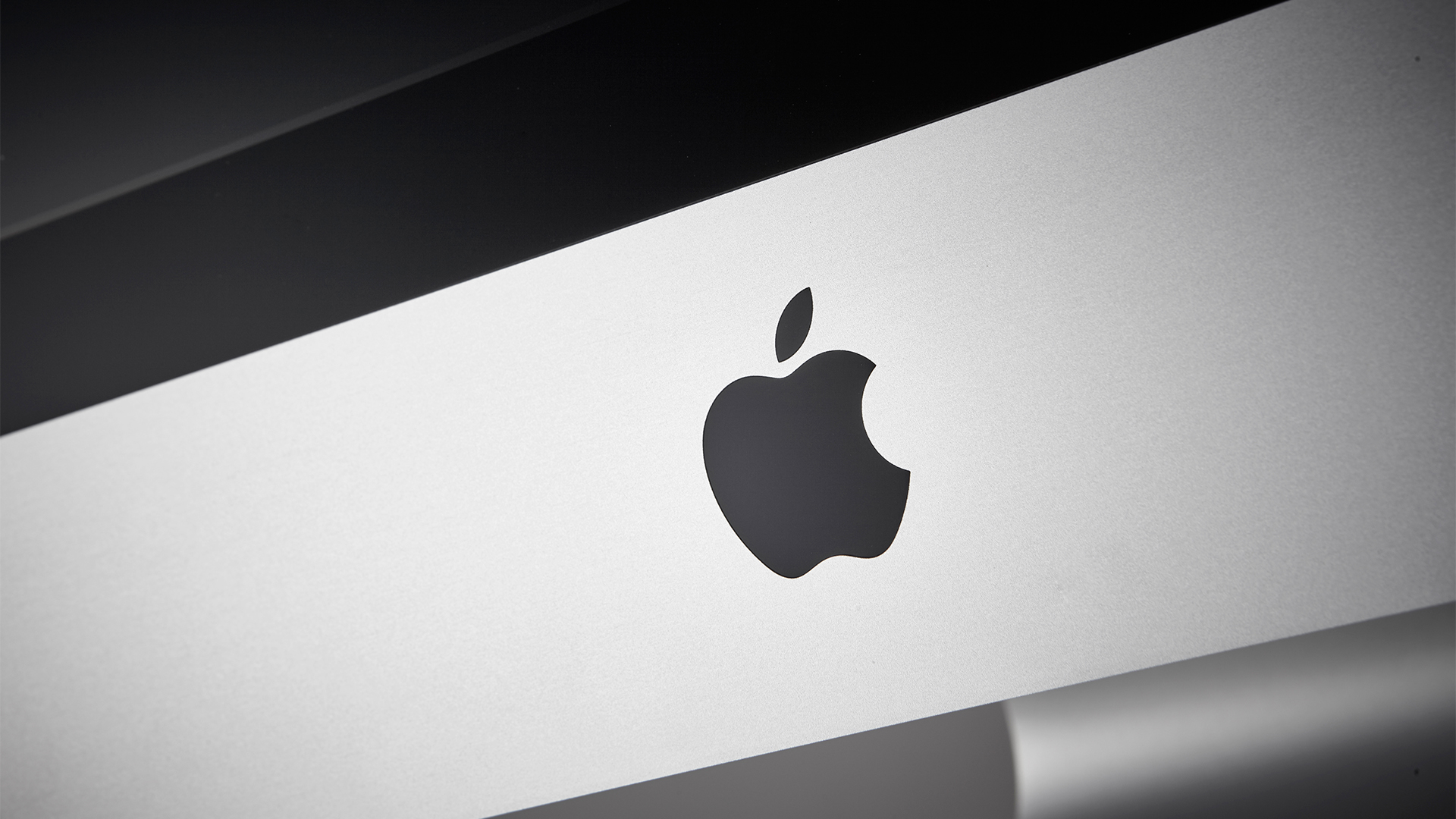 It’s no longer either/or for Windows and Macs – and that’s a win for the channel
It’s no longer either/or for Windows and Macs – and that’s a win for the channelIndustry Insights Corporate thinking about default operating systems has changed over the years, and that's something the channel should find helpful rather than a hindrance…
-
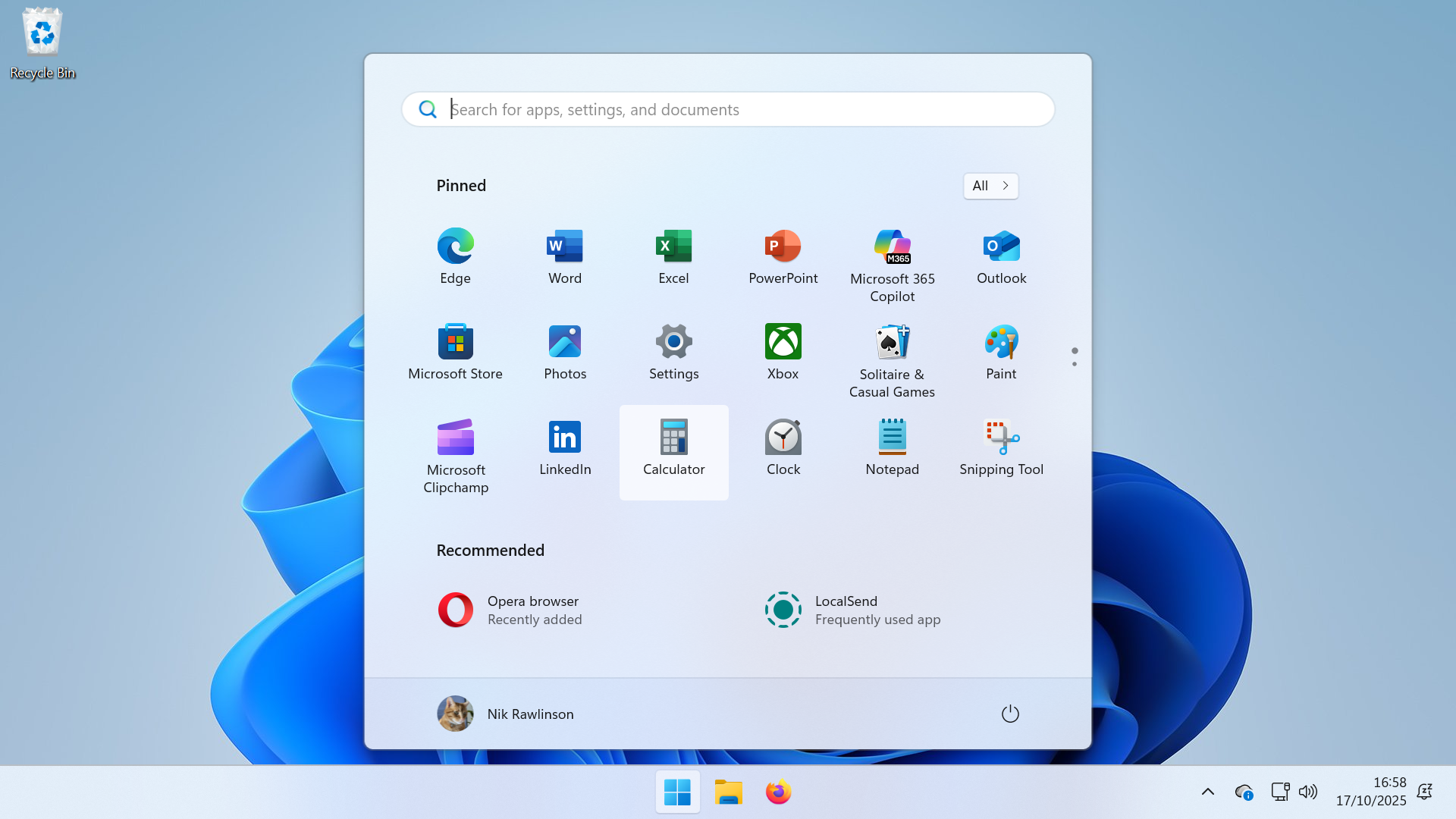 Windows 10 end of life has passed – here's your business guide to Windows 11
Windows 10 end of life has passed – here's your business guide to Windows 11In-depth As Windows 10's mainstream support ends, it's time for businesses who have yet to upgrade to take a second look at Windows 11
-
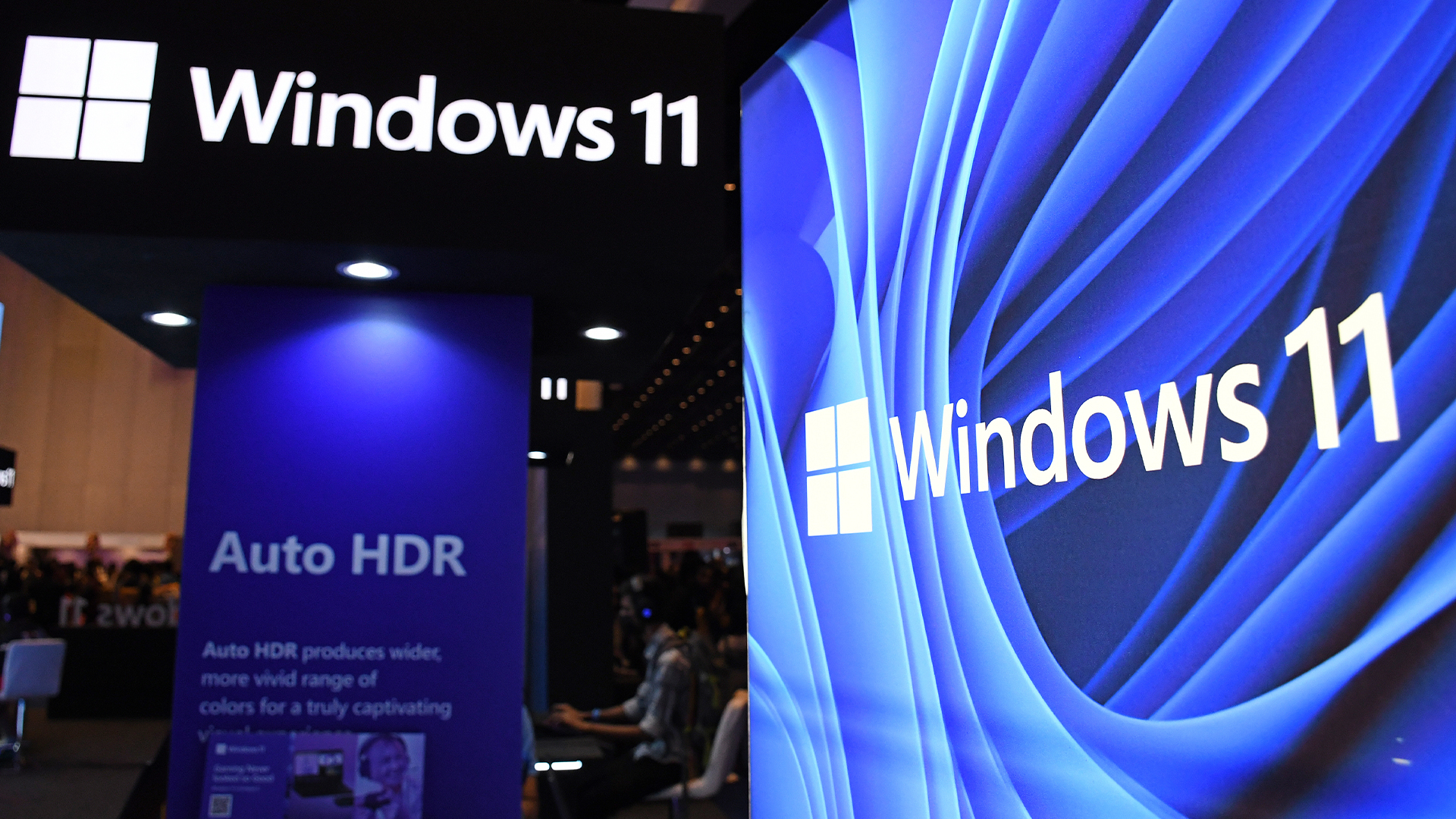 Microsoft issues fix for Windows 11 update that bricked mouse and keyboard controls in recovery environment – here's what you need to know
Microsoft issues fix for Windows 11 update that bricked mouse and keyboard controls in recovery environment – here's what you need to knowNews Yet another Windows 11 update has caused chaos for users
-
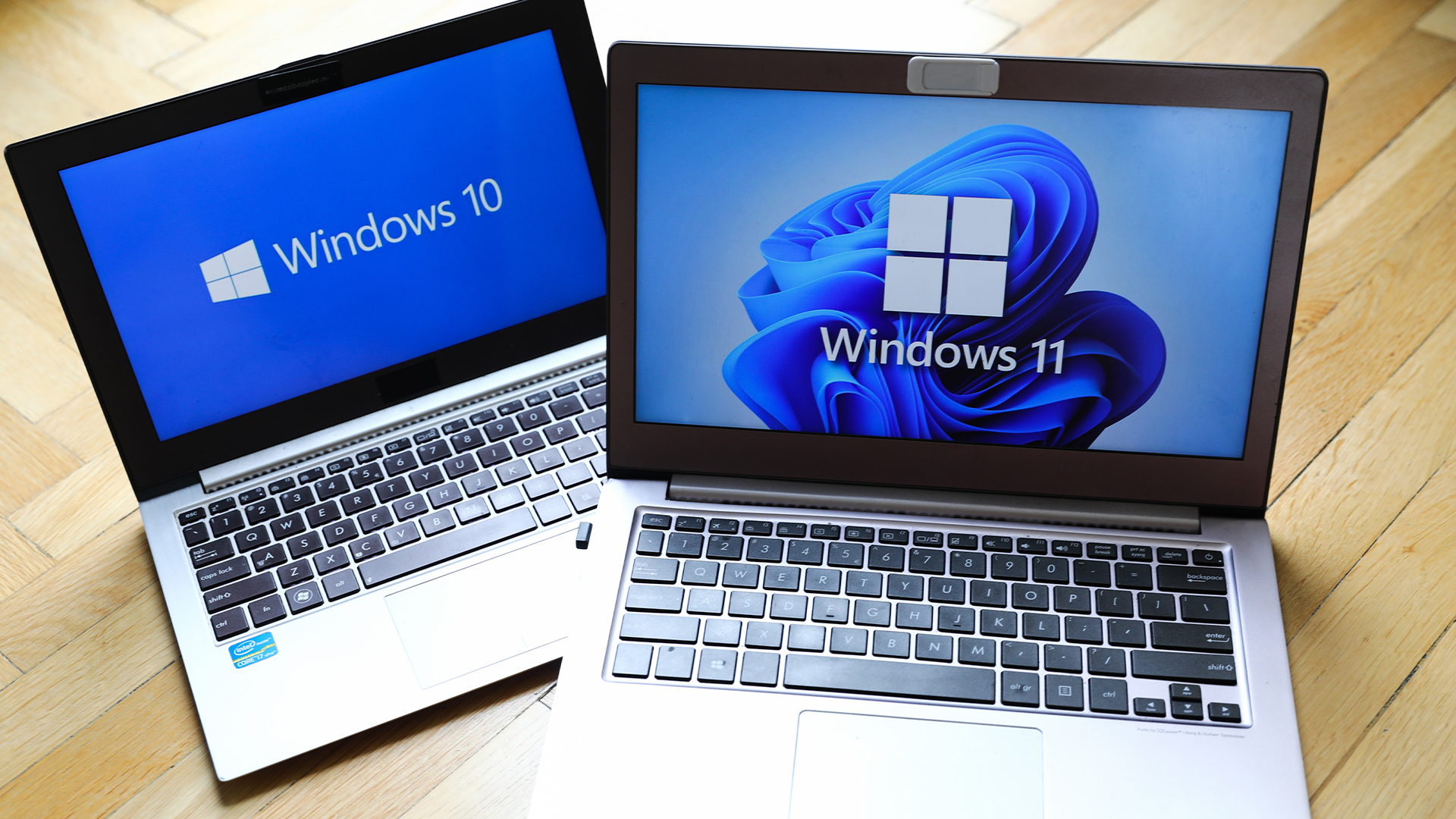 Windows 10 end of life could create a major e-waste problem
Windows 10 end of life could create a major e-waste problemNews The study marks the latest Windows 10 end of life e-waste warning
-
 The software quality crisis no one’s talking about: How partners can help
The software quality crisis no one’s talking about: How partners can helpIndustry Insights
-
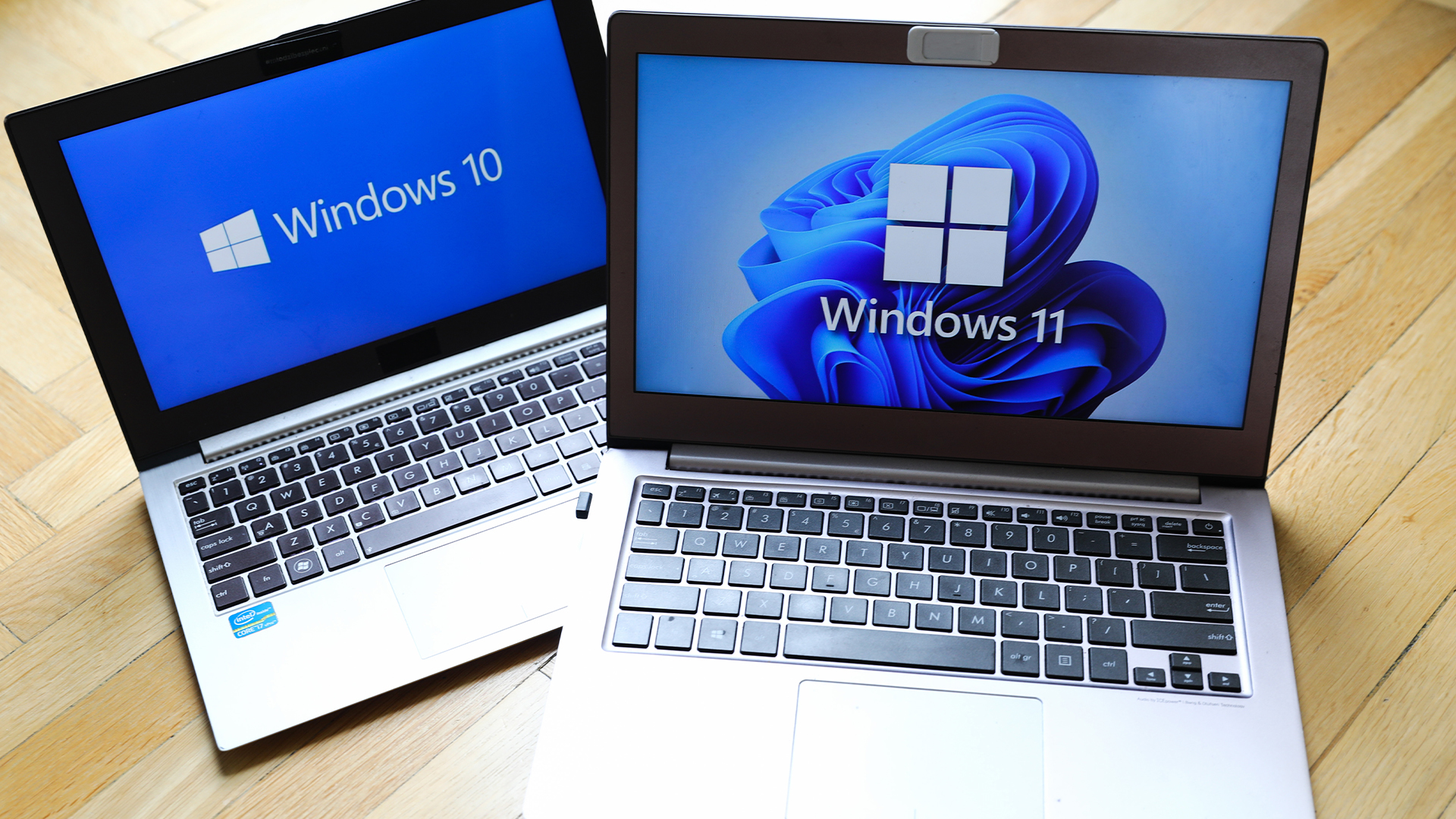 Windows 10 extended support costs could top $7 billion
Windows 10 extended support costs could top $7 billionNews Enterprises sticking with Windows 10 after the October deadline face huge costs
-
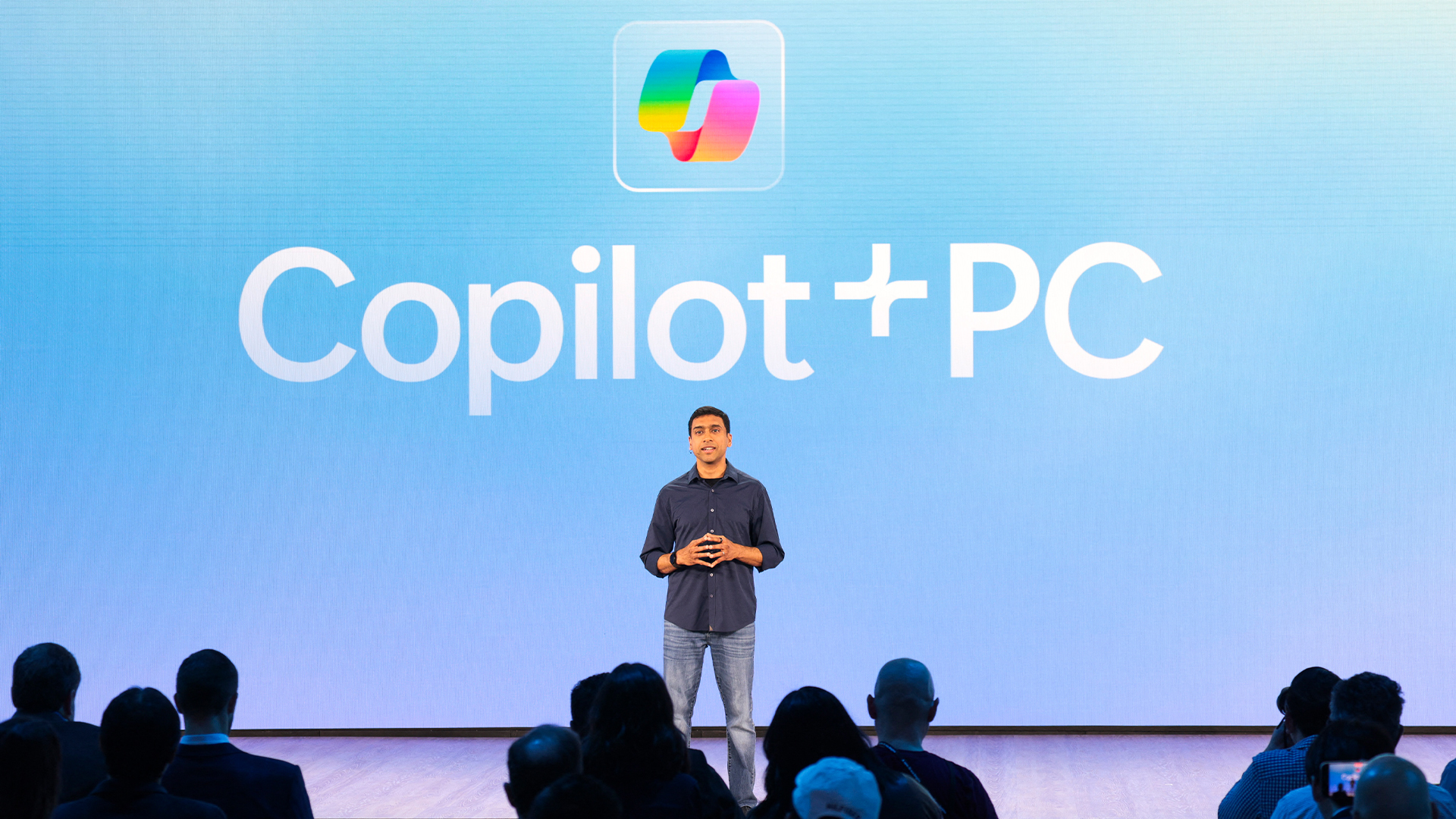 A senior Microsoft exec says future Windows versions will offer more interactive, ‘multimodal’ experiences
A senior Microsoft exec says future Windows versions will offer more interactive, ‘multimodal’ experiencesNews With speculation over a Windows 12 reveal mounting, a senior company figure claims the new operating system will mark a step change for users

